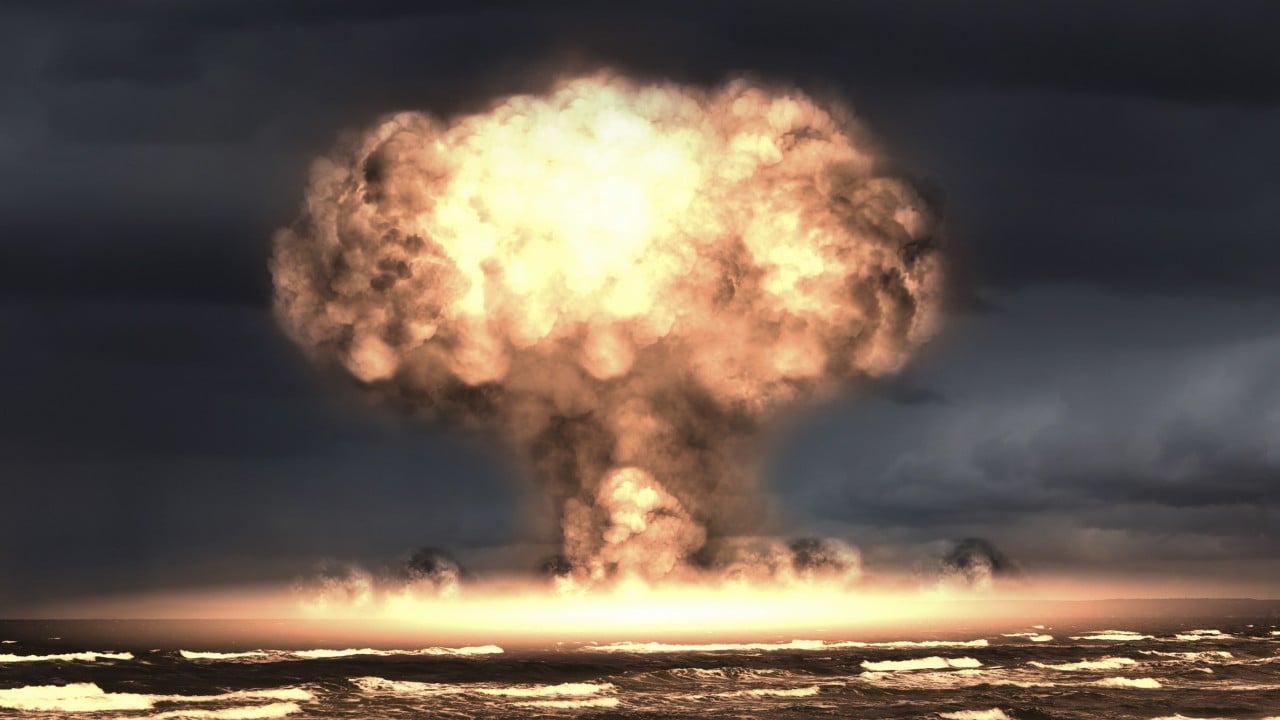Japan’s decision to skip a major nuclear weapon ban summit – despite the efforts of Nobel Prize-winning campaigners – has sparked condemnation from activists, who have said Tokyo is missing a critical chance to advocate for disarmament.
Advertisement
The domestic debate over Japan’s position on nuclear weapons intensified after Nihon Hidankyo, or the Japan Confederation of A- and H-bomb Sufferers Organisations, won the Nobel Peace Prize in December for its 68-year campaign against nuclear weapons.
The government’s decision not to attend the meeting of signatory states to the Treaty on the Prohibition of Nuclear Weapons (TPNW) in New York from March 3 to 7 is “extremely unfortunate”, according to Hajime Matsukubo, secretary general of the Tokyo-based Citizens’ Nuclear Information Centre.
Adopted in 2017, the TPNW is the first legally binding international agreement to ban nuclear arms, prohibiting their development, possession, use and threat of use. While non-nuclear states and disarmament advocates support it, nuclear-armed nations and their allies, including Japan, which depends on US deterrence, oppose it.

“Before the Nobel Committee announced that Nihon Hidankyo had won last year, some senior members of the ruling Liberal Democratic Party [LDP] said that they were considering sending representatives this year,” Matsukubo told This Week in Asia.
Advertisement

